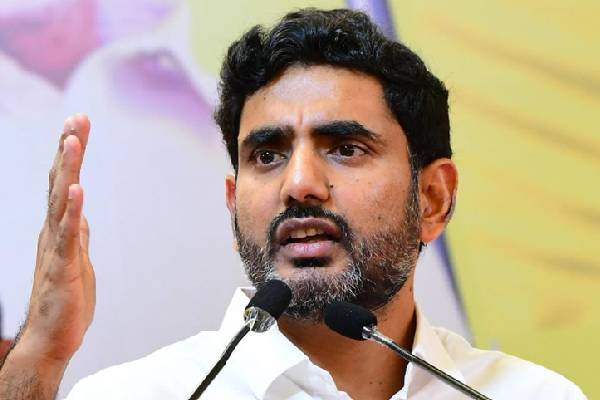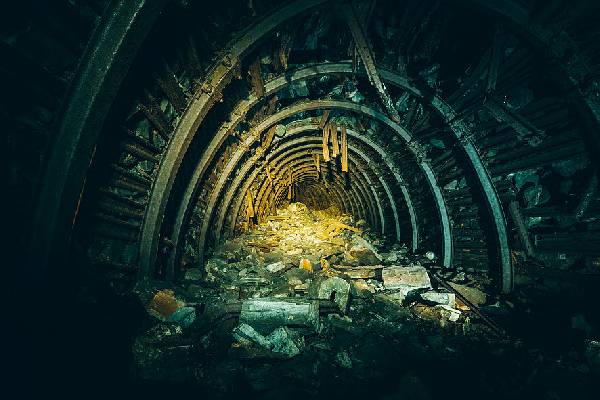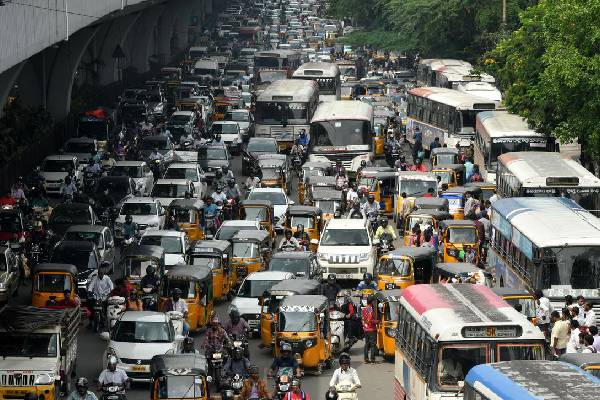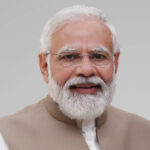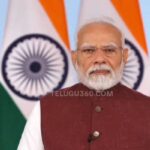A Sudden Policy Jolt
The H-1B visa has always been vital to America’s tech engine, enabling companies to bring in skilled workers from abroad. But President Donald Trump’s decision to impose a $100,000 annual fee on H-1B visas has shaken the system at its core.
The proclamation, signed on September 19, 2025, will take effect on September 21. From that day forward, H-1B visa holders returning to the United States will not be allowed entry unless their employers have paid the fee. The move is part of Trump’s broader push to “hire American first,” but it comes with massive consequences for both the US and India.
India’s Diplomatic Push
Officials in New Delhi confirmed they are in close touch with the Indian Embassy in Washington and holding consultations with NASSCOM, India’s leading IT industry body. “There will be an immediate fallout. We have to see how companies adapt to it,” one official noted.
While the disruption is causing anxiety, India also sees a possible upside. Officials believe the higher costs may encourage global companies to expand their global capability centres (GCCs) in India, creating new jobs and accelerating innovation at home.
US Tech Firms Under Pressure
Ironically, American technology firms may feel the greatest pain. With nearly 70% of all H-1B visas issued to Indians, US giants like Amazon, Google, and Microsoft depend heavily on Indian professionals to power their most critical projects.
The sharp rise in costs could force companies to rethink hiring plans, cancel overseas transfers, or even relocate work outside the US. Smaller firms are at particular risk, as many will find the new fee unaffordable. Even larger firms will face pressure on margins, project timelines, and innovation cycles.
Impact on the Indian Diaspora
For the Indian diaspora in the US, the impact is deeply personal. Families built on the H-1B system, including spouses and children on H-4 visas now face uncertainty about their futures. Many have invested in homes, careers, and education, only to find the ground shifting beneath them.
Community leaders warn that this could slow the integration of Indians into American society, limit career mobility, and add stress to families already navigating long waits for green cards. For many, the H-1B was a stepping stone to permanent residency. That path now looks more fragile than ever.
Legal Storms Ahead
Experts predict that the fee hike will face serious legal challenges in the US. Critics argue it unfairly penalises companies and workers while tilting immigration policy toward the wealthy. The controversy deepens with Trump’s new “gold card” residency scheme, priced at $1 million and above, which critics say favours money over merit.
Industry Backlash
Prominent tech leaders have voiced alarm. Tesla CEO Elon Musk, once a Trump ally, warned that the US simply does not have enough homegrown talent to fill key roles. Industry insiders fear the policy will worsen America’s talent shortage and push global innovators to friendlier destinations like Canada or Europe.
What Lies Ahead
As the September 21 deadline approaches, thousands of Indian professionals abroad are racing to adjust plans, while employers scramble to absorb the shock. For now, uncertainty rules. What is clear is that the H-1B visa, once a symbol of opportunity is at the centre of one of the most dramatic policy shifts in decades, with ripple effects stretching from Silicon Valley to Bengaluru.






















